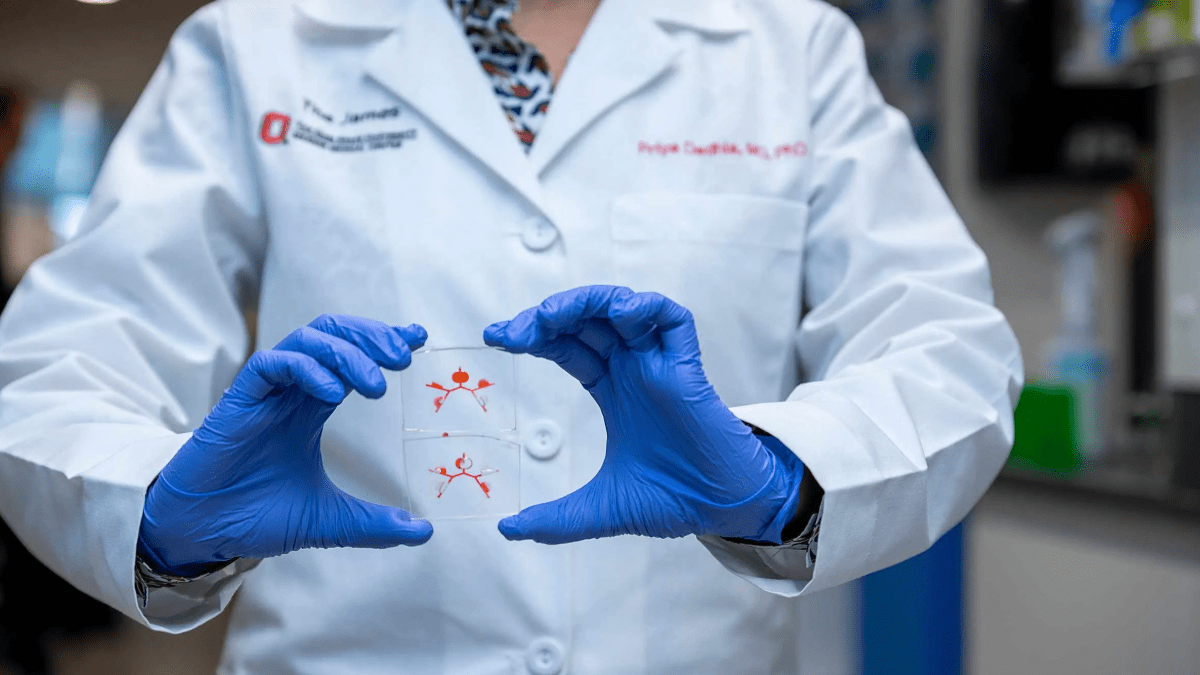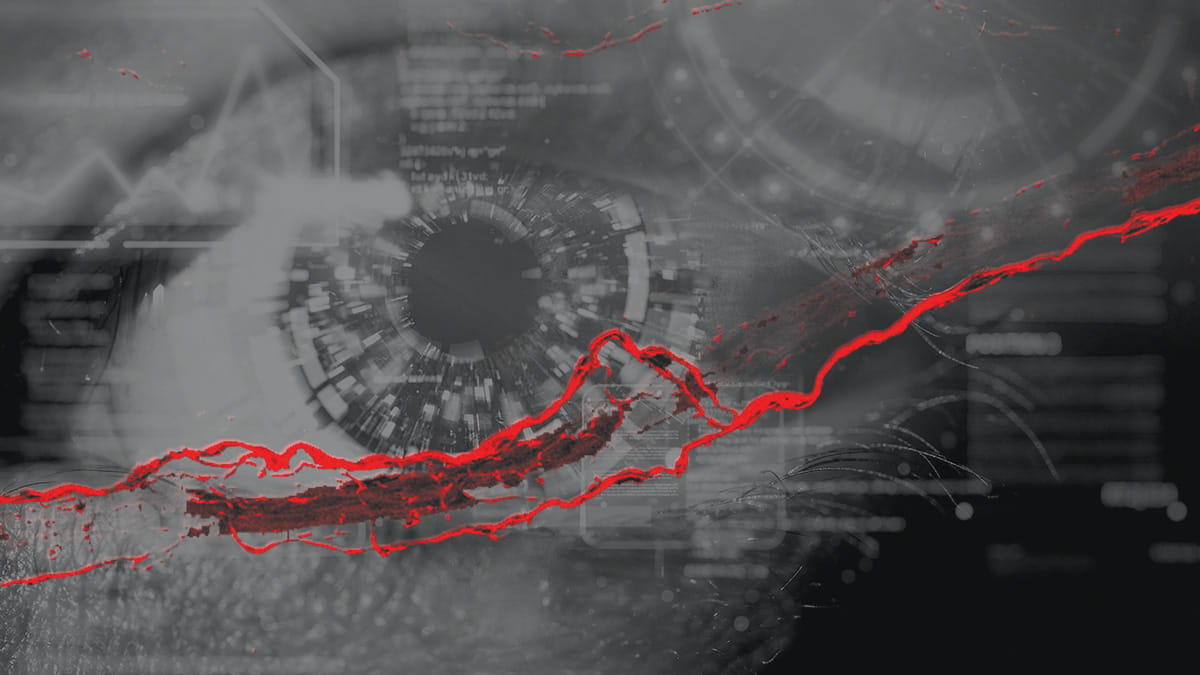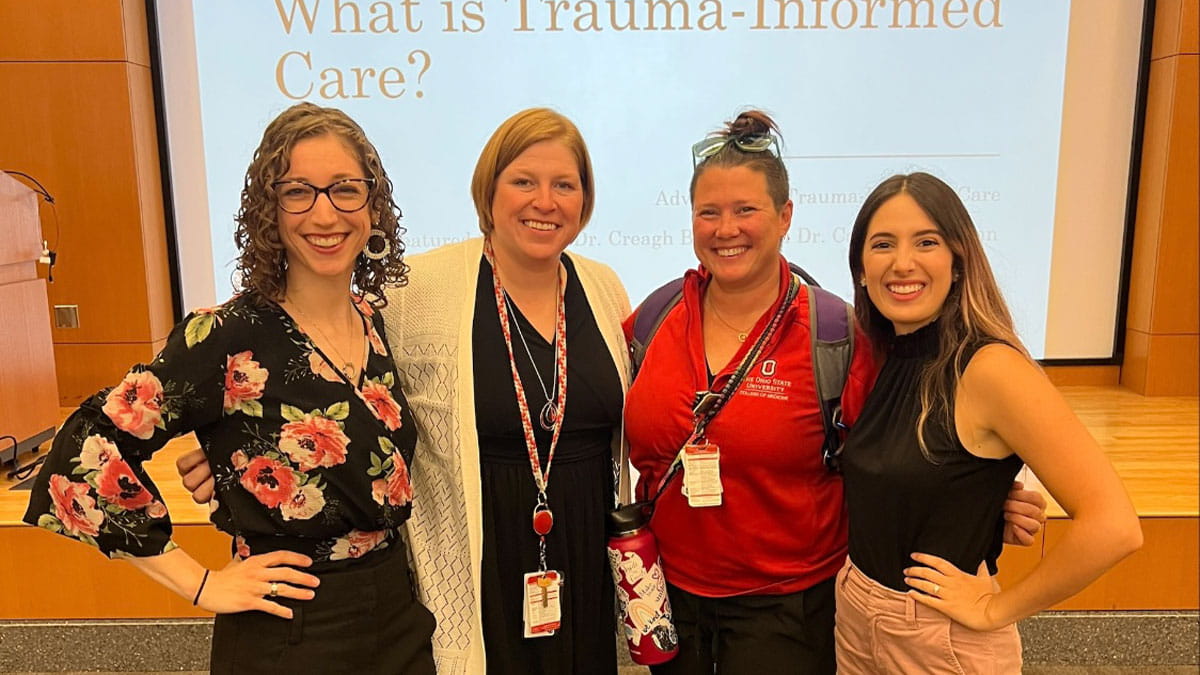Biomedical science major provides diverse experience across medicine and research

Imagine getting the chance to volunteer in a hospital in Ghana, Africa or conduct leading-edge biomedical research as an undergraduate student. Learners enrolled in The Ohio State University College of Medicine’s biomedical science undergraduate major gain access to unique learning experiences and medical research.
They take courses in traditional science, research and pre-medicine along with courses covering social issues in medicine and health care policy. They can also pursue advanced multidisciplinary studies of immunology, infectious disease, genetics, neurology and cancer. This makes for a well-rounded education for these students, many of which go on to further their education in medicine and scientific research.
Andrew Gotschall is in his third year of study in the major. Through his involvement in the campus organization Friends of MSF Doctors Without Borders and a partnership with an outside organization called Plan My Gap Year, Gotschall and a group of students went to Ghana in 2022 for three weeks to volunteer at the Manhyia District Hospital. Furthermore, the group coordinated with Ghanaian medical professionals to establish free clinics in rural communities where residents came for malaria testing, treatment and physical examinations. In May, Gotschall will return to the country, this time leading a new student group through the medical mission trip.
“The whole experience involves observing, learning, asking questions and jumping in to help,” says Gotschall. “I am certain that I will be a better healthcare provider as a result of the empathy and experiences I’ve gained.”
Andrew Gotschall and the student group are collecting medical supplies and donations for the upcoming trip in May.
Undergraduate Research
As the son of two scientists working in immunology, Rakesh Murugesan grew up immersed in science. When he began his coursework in biomedical science, his passion quickly shifted to cancer biology. He now works in the leukemia research lab of Susheela Tridandapani, PhD, professor of Internal Medicine at the Ohio State College of Medicine. He recently led a project studying natural killer cell activation for leukemia immunotherapy.
Murugesan also worked for two summers at the Broad Institute at the Massachusetts Institute of Technology and Harvard University, researching therapies to treat pediatric brain tumors. In 2022, he was awarded the prestigious Astronaut Scholarship Foundation award, which is a national award given to college juniors and seniors studying science, technology, engineering, or mathematics and pursuing research.
“I want to become a pediatric physician-scientist,” says Murugesan. “This way I can draw on clinical experiences to develop effective novel cancer therapies.”
Murugesan says students in biomedical science at Ohio State are encouraged to pursue their passions and are supported and mentored by faculty and peers to ensure these passions translate to novel discovery.
“Our curriculum is teaching us to develop as leaders, which I think is as important as academic development,” says senior Anthony Moussa. “This and solid funding opportunities enable us to gain experience translating science into better health outcomes.”
Moussa plans to pursue an MD-PhD and serve as a physician-scientist. In the college’s Department of Neuroscience, he conducts research under Jason Wester, PhD, assistant professor of Neuroscience. He first-authored a peer-reviewed publication for his project investigating neural circuit organization in the neocortex and its relevance to neurodevelopmental disorders. Interested in exploring other areas of neuroscience, Moussa joined the Tuthill Lab at the University of Washington where he supported projects on unraveling the dense wiring of neural circuits with methods in electron microscopy and machine learning.
Along with Murugesan, Moussa was awarded the Goldwater Scholarship, a national recognition to those with promise of becoming the next generation of natural sciences, mathematics, and engineering research leaders.
Outside the lab, Moussa serves as the Chief Analytics Officer for the nonprofit organization Vocalize Columbus, which he co-founded with classmates at Ohio State. Vocalize Columbus provides free medical interpretation services for patients with limited English proficiency at free clinics. They also train and recruit professional interpreters across the country and the world to connect remotely with partnered clinics.
“I’m passionate about identifying and addressing health disparities,” says Moussa. “It’s really rewarding to be able to build on my diverse skill set.”



